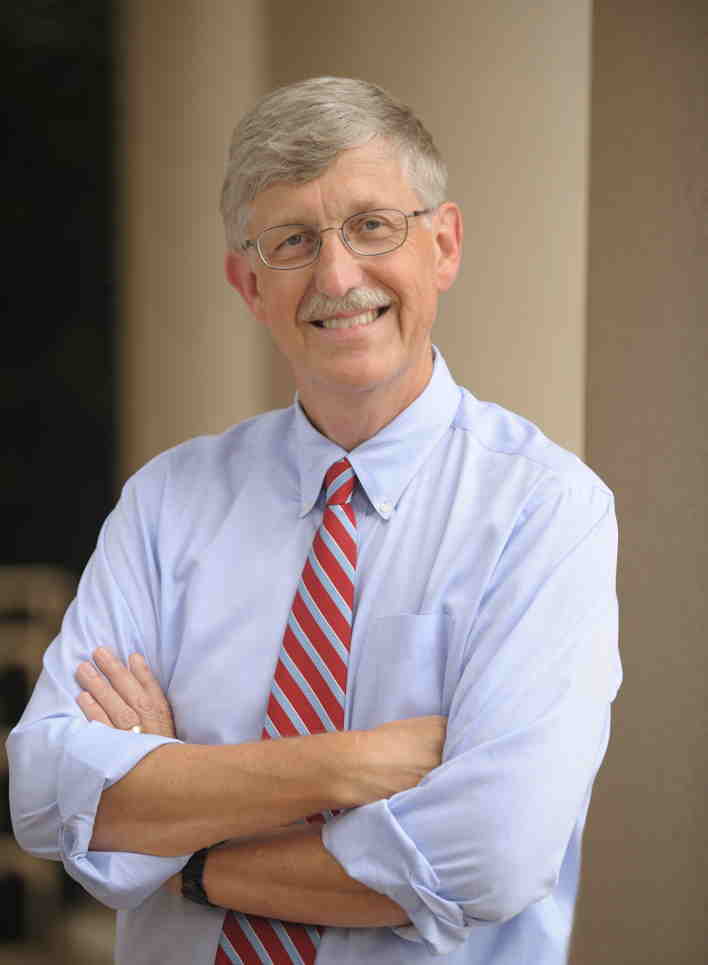Science misinformation alarms Francis Collins as he leaves top NIH job
By Nidhi Subbaraman,
Nature
| 12. 03. 2021
The genome project leader reflects on his 12 years at the helm of a juggernaut biomedical agency, and what lies ahead.
This month, Francis Collins will step down as director of the US National Institutes of Health (NIH) after more than 12 years leading the agency, the world’s biggest public funder of biomedical research. A former head of the Human Genome Project, he championed similar bold, big-budget science efforts, such as the All of Us Project, which aims to study health data from one million people. He led the NIH under three US presidents, steered it through a roiling pandemic, and faced myriad clashes over politics and biomedical science. Collins will stay on at the NIH to continue research in his lab. He spoke to Nature about some highlights of his time at the helm, and issues facing the agency in the future.
Which achievement will you cherish most?
It’s really hard to pick one. Maybe it’s where it was possible to bring together scientists of multiple disciplines and organize a truly bold, audacious project that would simply not have happened if one just counted on it coming together passively. I’m thinking of the BRAIN Initiative. I’m thinking of what...
Related Articles
By Scott Solomon, The MIT Press Reader | 02.12.2026
Chris Mason is a man in a hurry.
“Sometimes walking from the subway to the lab takes too long, so I’ll start running,” he told me over breakfast at a bistro near his home in Brooklyn on a crisp...
By Zachary Brennan, Endpoints News | 02.23.2026
The FDA is spelling out the details of a new pathway to help speed personalized cell and gene therapies to market for rare diseases.
Monday’s long-awaited draft guidance outlines the agency’s “plausible mechanism” framework, a pathway FDA Commissioner Marty Makary...
By Amy Feldman, Forbes | 02.17.2026
"Jennifer Doudna" by Duncan Hull for the Royal Society via Wikimedia Commons licensed under CC by SA 3.0
Soon after KJ Muldoon was born in August 2024, he was lethargic and wouldn’t eat. His worried doctors realized his ammonia...
By David Jensen, California Stem Cell Report | 02.10.2026
Touchy issues involving accusations that California’s $12 billion gene and stem cell research agency is pushing aside “good science” in favor of new priorities and preferences will be aired again in late March at a public meeting in Sacramento.
The...




